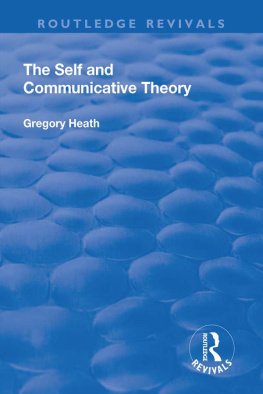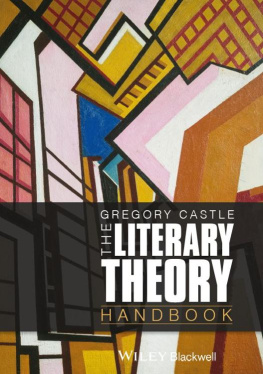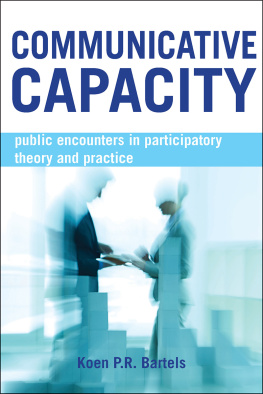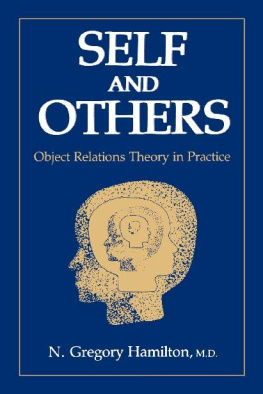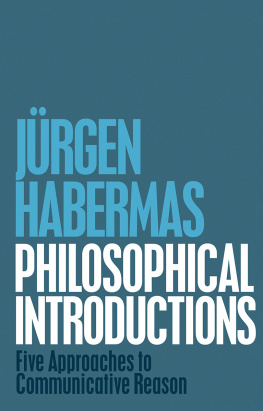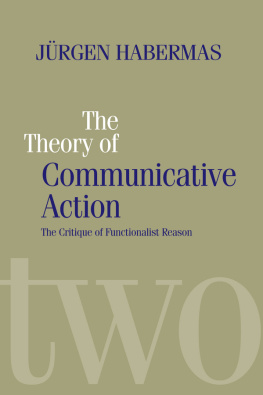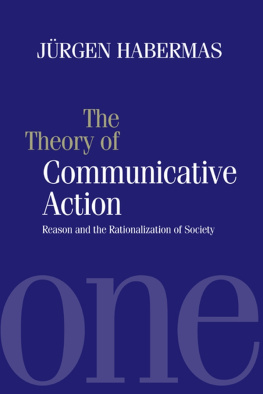Charles Taylor in Inwardness and the Culture of Modernity identifies a particularly modern philosophical problem. The problem that he identifies is that the modern disengaged self is based on a paradox. The paradox is that the disengaged, objective self of modernity is only comprehensible through a radical subjectivity; that self which is claimed to serve as a point for objective judgement is itself only accessible by the path of subjectivity. He says that: this [modern, disengaged] self which emerges from the objectification of and separation from our given nature cannot be identified with anything in this given [our given nature].1 He further claims that this is the source of a continuing philosophical discomfort in modern times and suggests that various solutions have been tried including reductionism, transcendental theories and returns to dualism, but that the problem remains unresolved. This book seeks to address this key problem which is at the heart of many unresolved current issues. The proposed solution will show that this modern antinomy, identified by Taylor, reveals that such a basis for the self is incoherent, and also that an intersubjective theory of the self is required to resolve the antinomy. The strategy of resolution will be to develop a form of transcendental perspective that sets out the conditions for a reflexive self-identifying consciousness. The expressivist view proposed by Taylor himself will be discussed as a background to the major theme of transcendental theory, but it will be shown that such a theory is, in itself, inadequate.
The problem is similarly identified by Jurgen Habermas, but with the difference that Habermas, in a more Kantian mould, places the emphasis on individuation as contrasted with universal species membership, rather than Taylors subjectivity contrasted with objectivity. Habermas says, Sociological interpreters lack the concepts that would enable them to capture descriptively a specific experience of modernity, one that is present to them intuitively. The individual is supposed to be distinguished as that which is essential, yet can only be defined as the accidental; namely, as that which deviates from the exemplary embodiment of a generic universal.2 Yet the underlying problem is the same, it is the tension between a universal humanity and the individual instantiation of that humanity in autonomous beings.
This work develops a proposal for a transcendental theory of the self which is essentially intersubjective and reflexively self-critical. In this proposal, the introspective I which has constituted the linchpin of so many theories ranging initially from Plato through to the inwardness of Augustine and Descartes, to the subjective pointillism of Locke, and further to the expressive self of Schiller and Charles Taylor, is superseded.
The proposal for a transcendental theory of the self presents a framework for the self which includes the elements of freedom and imagination as essential conditions. The theoretical framework alone does not of itself provide a substantive self. However, it does provide the fabric for a substantive self allowing for what Benhabib calls the concrete other in an intersubjective framework.3 The elements of freedom and imagination, in conjunction with intersubjectivity, as determinants of the self, indicate that the substance of each self is determined by the reality of each persons life and their set of intersubjective connections.
The strategy of the exposition is a development of Kantian theory via recent discussions by Apel, Taylor and to a lesser extent, Habermas. Further discussion involves consideration of Charles Sanders Peirce and George Herbert Mead for the introduction of the pragmatic perspective and the dimension of the socially constructed self. Then the insights of the later philosophy of Wittgenstein are employed to lay the ground for an intersubjective theory. Finally, an intersubjective theory of self is offered, that draws upon the later philosophy of both Kant and Wittgenstein and is based on intuitions, in the Kantian sense, of freedom and imagination in an engaged social context.
It will be argued that, whilst an intersubjective theory is necessary to overcome the paradox of inwardness and to support communicative theory, those offered to date have been inadequate to the task. It will be further argued, following Kant, that the additional elements of freedom and imagination, particularly imagination, must be added as a ground for intersubjective theory to be successful and to overcome the misleading Cartesian perspective on the self.
The transcendental theory of the self requires certain essential elements. These are; freedom (especially practical freedom); reason as a principle for communication (communicative rationality); pragmatism as a theory of truth; reflexivity and re-identification m consciousness, and imagination as the principle of a language using subject. Each of these elements will be discussed in the exposition of the transcendental position proposed.
The reasons for choosing the transcendental path here are: firstly that such a path is seen to be the most likely to produce a coherent account of the self that supports communicative theory and provides an intersubjective self-understanding on which the human sciences can find a ground which is non-subjective, but at the same time one that does not incur all the problems of objective theories. Secondly, it is also seen as the path most likely to overcome the Kantian dilemma of individuation against a background of universal humanity. And finally, it is a path can clearly overcome the problems Cartesian radical subjectivity that inevitably lead to problems of methodological solipsism.
Communicative theory, as a modern transcendental theory, and as a general theoretical approach to philosophical and social theoretic problems is also supported. The reasons for this are that communicative theory offers an approach that overcomes, or promises to overcome, many of the problems encountered by traditional approaches from naturalism to phenomenology. It also offers a genuine emancipatory force through discursive theories of ethics and action. However, it is recognised that communicative theory still has many serious unresolved problems.

